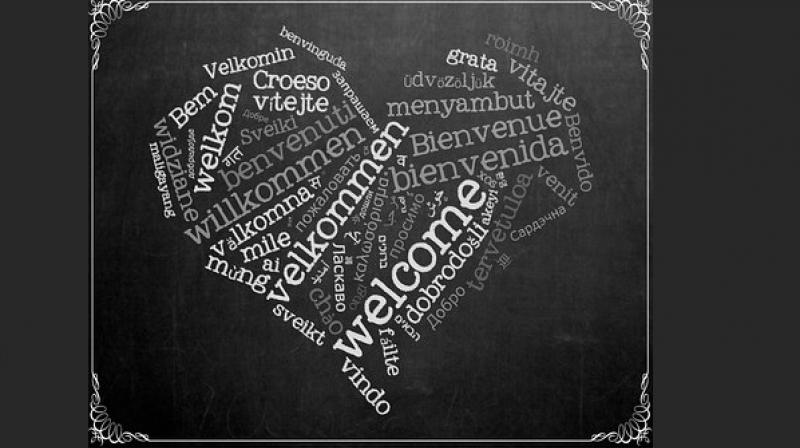Mystic Mantra: Protect India's many mother tongues
ile most languages are made up of words, in “Kongthong†a remote, hilly Khasi village in Meghalaya people communicate through whistling.

A friend once asked me this riddle: “What do you call someone who speaks many languages?” I replied, “multilingual.” He asked again: “What about those who speak two or three languages?” I replied, “Bilingual or trilingual.” Finally, he asked, “And what do you call one who speaks just one language?” I was stumped. “Give up!” said I. He said wryly: “American.”
In an effort to protect and promote languages spoken by the world’s indigenous peoples, the UN’s declaration for 2019 as “International Year of Indigenous Languages” seeks to “raise awareness of the crucial role languages play in people’s daily lives.” Nelson Mandela famously said, “If you talk to a man in a language he understands, that goes to his head. If you talk to him in his mother tongue, that goes to his heart.”
When compared to rich countries like the UK, Germany, France or Spain, India appears poor in economic terms. However, all these rich countries basically have just one national language written in the Roman script, with a few dialects. But, Bharat Mata is most richly blessed with her mindboggling diversity of languages: 22 official languages with distinct scripts and well over a thousand other mother tongues! However, about 96 percent of Indians consider one of the 22 official languages as their native tongue.
One’s mother tongue is not only helpful to understand others and make oneself understood to others, but it is also the means by which one builds one’s identity, imbibes one’s culture, transmits one’s traditions to successive generations and feels at home within a particular worldview. Thus, the ridicule, repression or rejection of anyone’s language is tantamount to the destruction of persons and communities. Sadly, with aggression and the assertion of majoritarian agendas, worldwide, many indigenous languages are on the verge of extinction.
“Gaon, gaon, boli badlai,” is a Gujarati expression indicating that languages change after every few kilometres. Living with south Gujarat’s adivasis for some years, I got used to hearing Vasavi, Chaudhary, Kokana, Gamit and Dangi in a rather small territorial expanse. The songs, sayings and skills of each of these often communicated much deeper meanings than what was possible in the “official” state language, Gujarati.
While most languages are made up of words, in “Kongthong” — a remote, hilly Khasi village in Meghalaya — people communicate through whistling. This is perhaps the only place in the world where people communicate through whistling and using different tunes to call each other, which supposedly is more effective in the hilly terrains where words are likely to get distorted over distances.
Commemorating a year for preserving and promoting indigenous languages should make each of us grateful for other mother tongues and eager to assist others to promote theirs.

